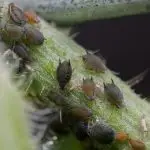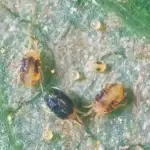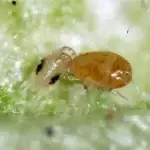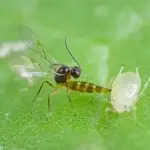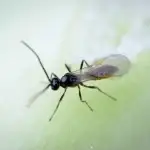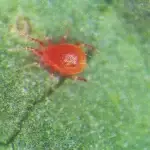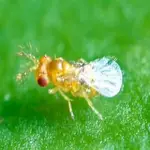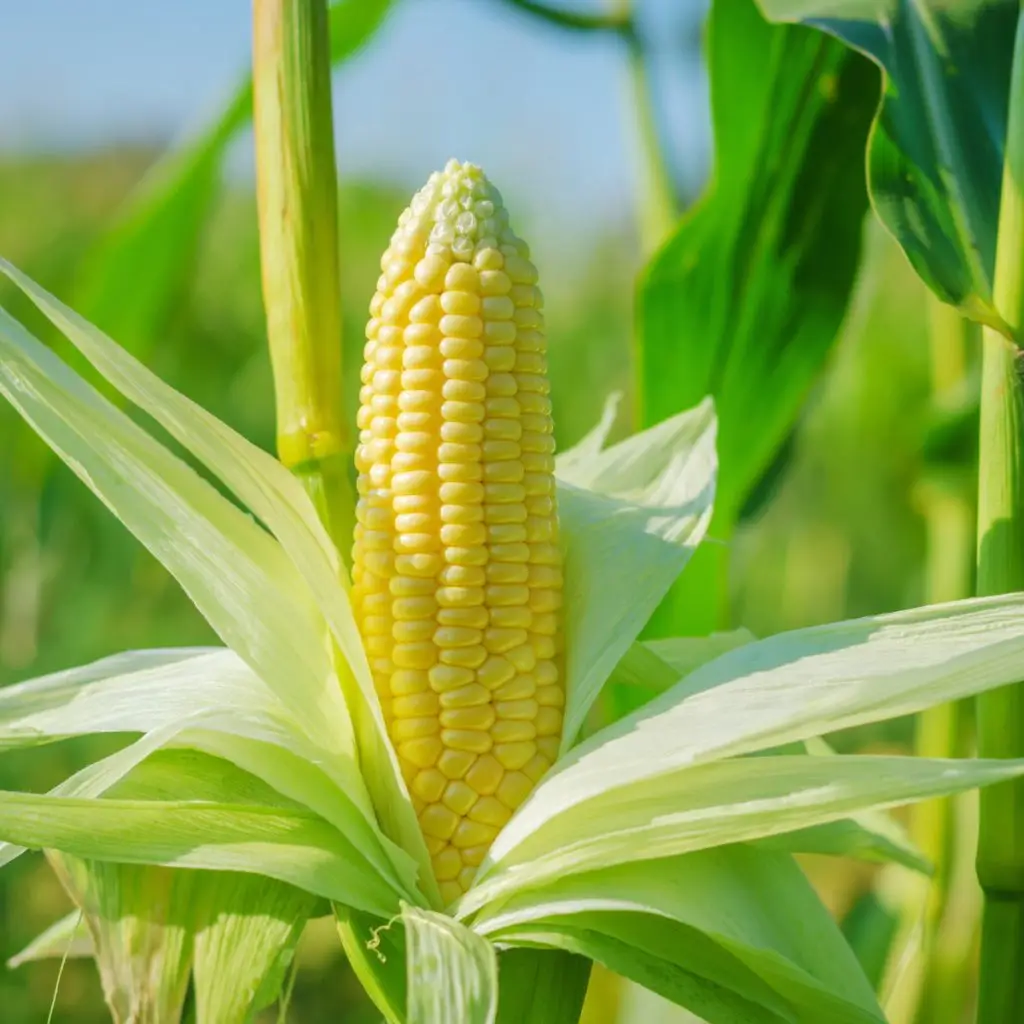Sweet corn (Maize)
Overview
Sweet corn and maize are annual crops grown outdoors in the winter rainfall areas of northern Australia and under irrigation in most other areas, including the dry summer zone.
Australian sweet corn is produced for fresh consumption and the retail sector, but most is processed for freezing and canning. Sweet corn grows quickly and is a popular rotation crop in irrigated broad-acre production systems.
Maize is predominantly used for farm stock feed.
Caterpillars are the main threats to sweet corn crops. Sweet corn production systems in the northern parts of Australia are vulnerable to the recent incursion of the Fall Army Worm (Spodoptera frugiperda).
Aphids and mites are significant pests as well.
Signs you have Sweet corn (Maize) pests
The key to controlling pests in your sweet corn crop effectively is detecting them early and introducing beneficials at the right moment.
- Caterpillars. Chewing damage to all parts of the sweet corn plant indicates caterpillars.
- Aphids. Honeydew and sooty mould indicate the presence of aphid hotspots and can render the corn unsaleable.
- Two-Spotted Mite. You will initially see streaking/stippling of the leaves which will progress to discolouration of the entire leaves, weakening of the stalks, reduced kernel yield and eventually, plant death.
Products you can use to control Sweet corn (Maize) pests
Biological Services produces a range of products to control pests in your commercial sweet corn crop and can advise you on their use.
You can also use sticky traps and rolls to support your IPM program to monitor and mass-trap winged aphids.
Other tips for managing pests in your Sweet corn (Maize)
Follow the best irrigation and agronomy practices as healthy plants are less susceptible to pest and disease outbreaks.
As corn has a short crop-cycle, you shouldn't wait until you see obvious symptoms of pests to act. Instead, take preventative action by releasing beneficials early and regularly to build a population in your crop.
Your local Biological Services consultant can provide year-round, professional crop monitoring and expert IPM program advice.
Get tailored advice for your commercial crop
To speak with one of our qualified consultants about your current commercial crop challenge or to learn about the benefits of the IPM maintenance and monitoring services we provide, contact us.

